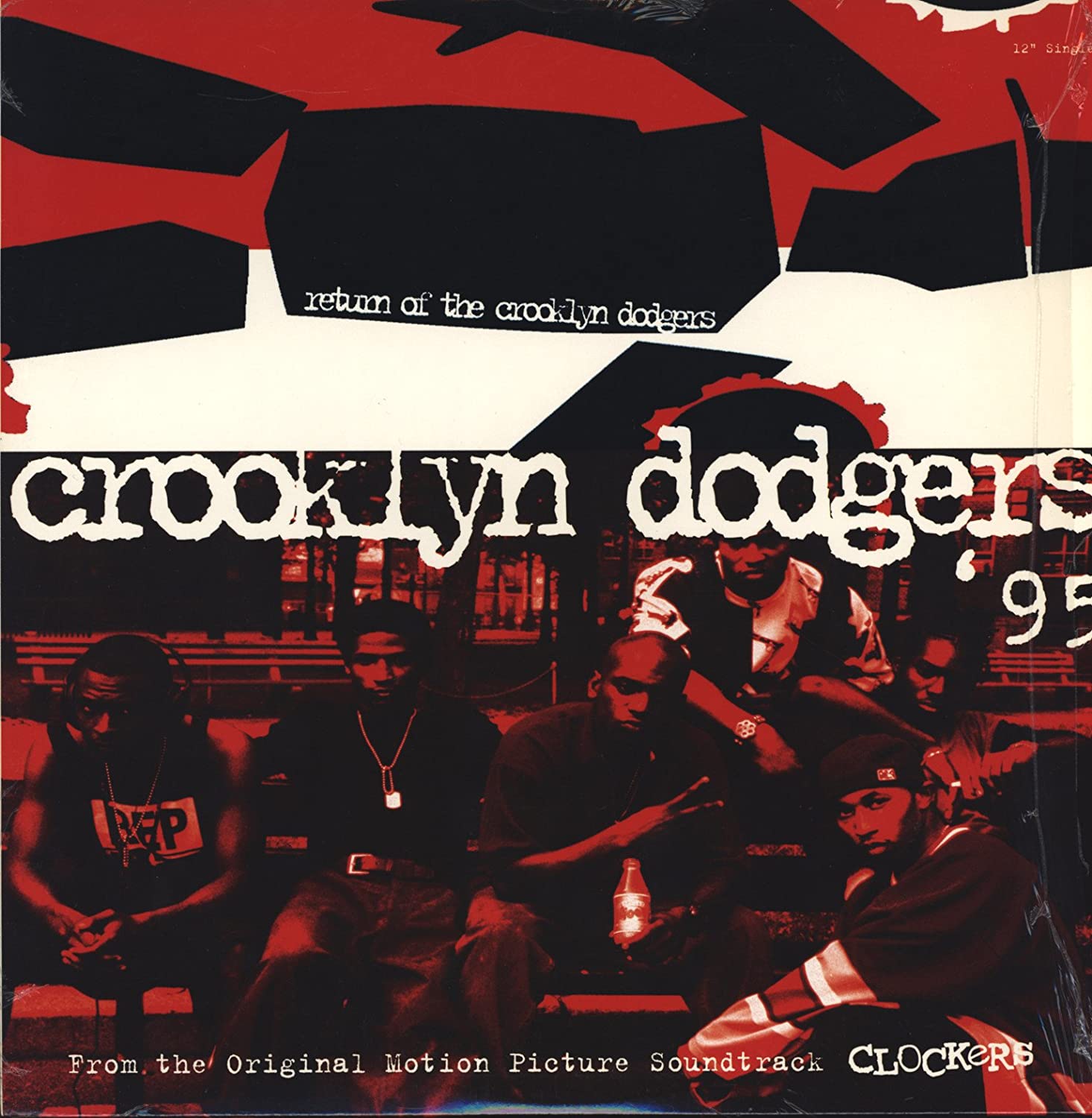Black creatives are controlling the content and storylines of projects by, about and celebrating black folks, but more needs to be done ASAP.
“Dreams are lovely. But they are just dreams. Fleeting, ephemeral, pretty. But dreams do not come true just because you dream them. It’s hard work that makes things happen. It’s hard work that creates change.”
– Shonda Rhimes
Last year, films directed by black directors brought in $1.6 billion at the box office.
It has been 104 years since Birth of a Nation was screened at the White House by the president of the United States Woodrow Wilson, who was quoted as saying the film was like ‘Writing history with lightning.”
But it was really more like writing history with frozen manure. With truth revealing sunlight, these malodorous representations melt away.
The film featured grotesque stereotypes and characterizations of African Americans in general, and males in particular.
It also depicted the Confederacy of the United States as being heroic in a lost cause and even the monstrous Klu Klux Klan terrorist organization as heroes in the fight for white female virtuosity.
Man, 104-years of racist lies disguised as entertainment has helped fuel countless individuals down the path of misinformed ignorance and gleeful racism.
How many black people in the United States believed that people born on the continent of Africa were living in huts because they watched a Tarzan movie?
Similarly, how many of our parents and grandparents were taught that marijuana was a wildly addictive drug that induced violent and criminal thoughts within the minds of those inhaled it simply because the many public service announcements sponsored by the FDA and conservative led lobbying efforts over the years?
The numbers are probably off the scale in both instances. But change and time are always kismet.
The Good Fight
Right now, states across the USA have approved cannabis for recreational or medical use by the general public, with most other states considering following suit. Even a federally sponsored bill has been created to that end.
Despite how things appear on the news, change does come for those who work for it.
Over the years, racist and sexist cinematic ideology has been challenged at varying junctures.
April Reign’s #OscarSoWhite hashtag just took place a couple of years ago.
The Secret Life Desmond Pfiefer, which was to star Chi McBride, was a ridiculous bad idea in 1998, but it still took a concerted boycotting effort just to get UPN to change their mind.
Through the super-saturation of stereotypical black comedy troupes in the ’90s, and the accompanying over-saturation of black gangster movies that accompanied them, I dreamed of a day that black films could be created by, for and about us, and be wholly controlled by us, and still get big studio backing and support.
Today, we stand at a nexus point in history that no one could have possibly envisioned in 1998, and we need to thank the ancestors for that.
In January, the USC Annenberg Inclusion Initiative, which tracks diversity in Hollywood, reported that 16 black directors placed among the top 100 highest grossing scripted movies released in 2018.
That’s a virtual quantum leap toward complete and total control of black imagery and ideas by black creatives.
However, that same report also states that Asian American directors are getting little to no love in areas where their black counterparts have been making significant inroads.
And among the 16 who were on the list, only the venerable Ava DuVernay is a woman.
According to another study, this one furnished by the San Diego State University Center for the Study of Women in Television and Film, women only made up eight percent of the directors of the top 250 highest grossing movies of 2018.
What these statistics tell us is, even though black directors are making record gains in getting big budget funding, and the expected success that comes as the pressing burden of such endeavors. But women and all other minority directors still sag ridiculously behind their white male counterparts.
As has been the case in every civil rights struggle in this country, it will be black people who will pave the way for their non-black yet marginalized countryman to follow.
The road ahead will be winding and treacherous, but we must continue to march toward progress for the sake of every ancestor who looked upon American media and shed tears at the utter disrespect within it.



